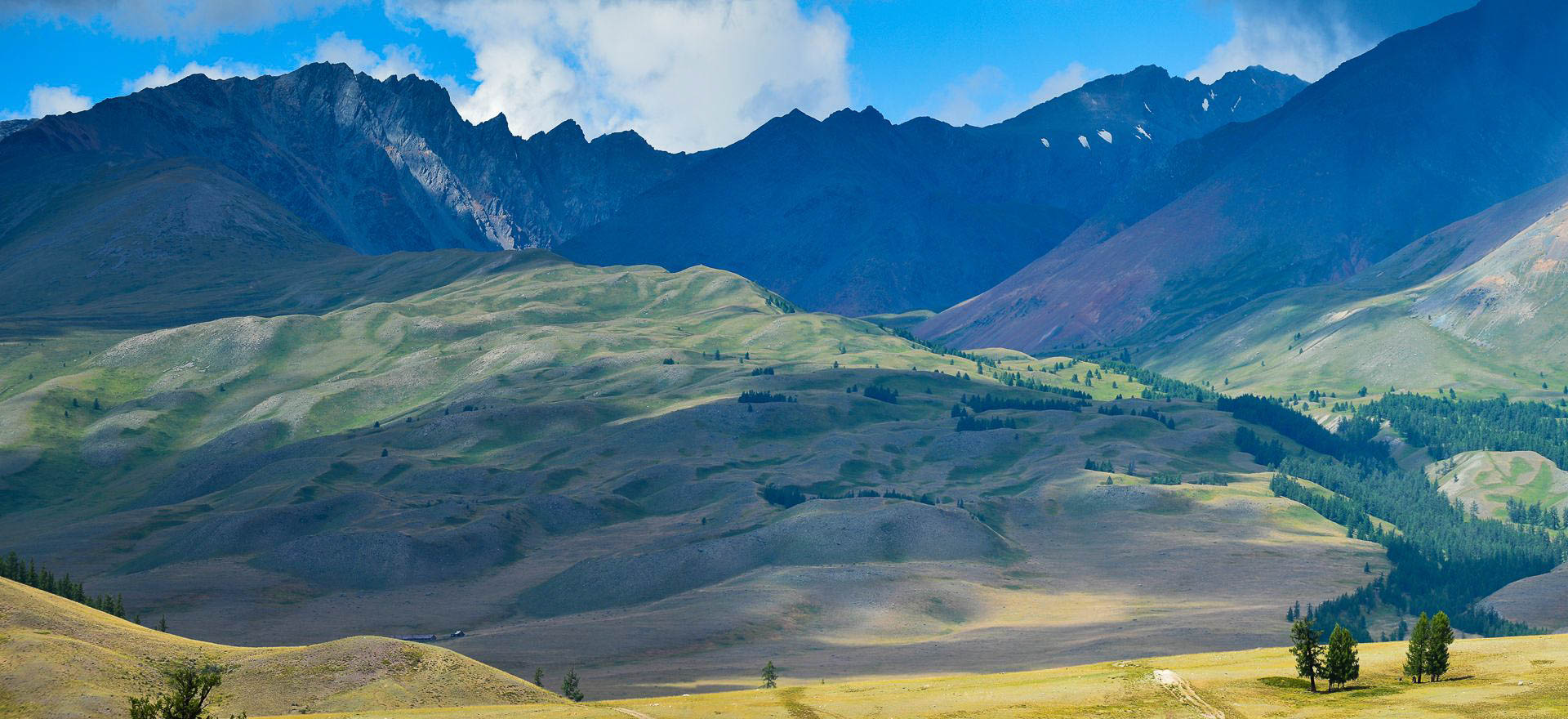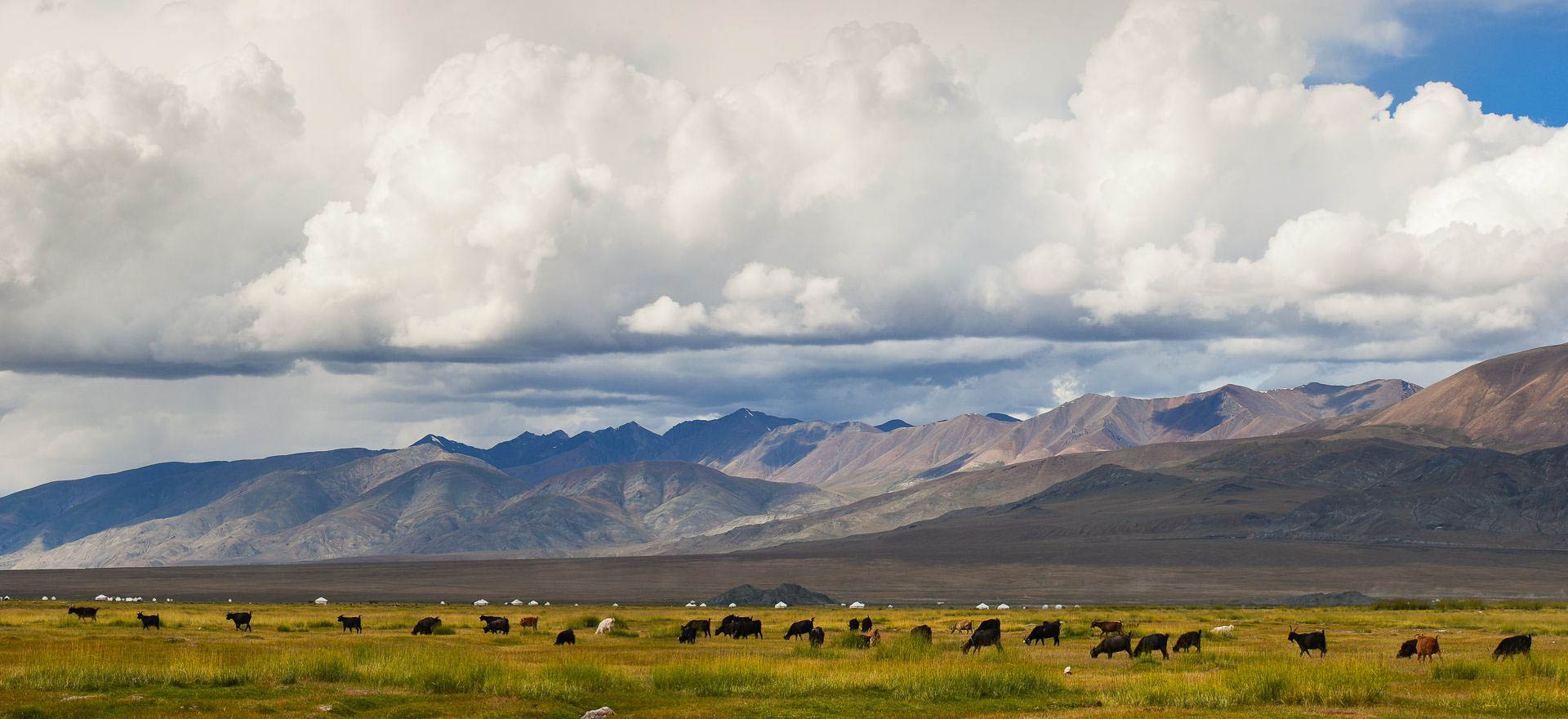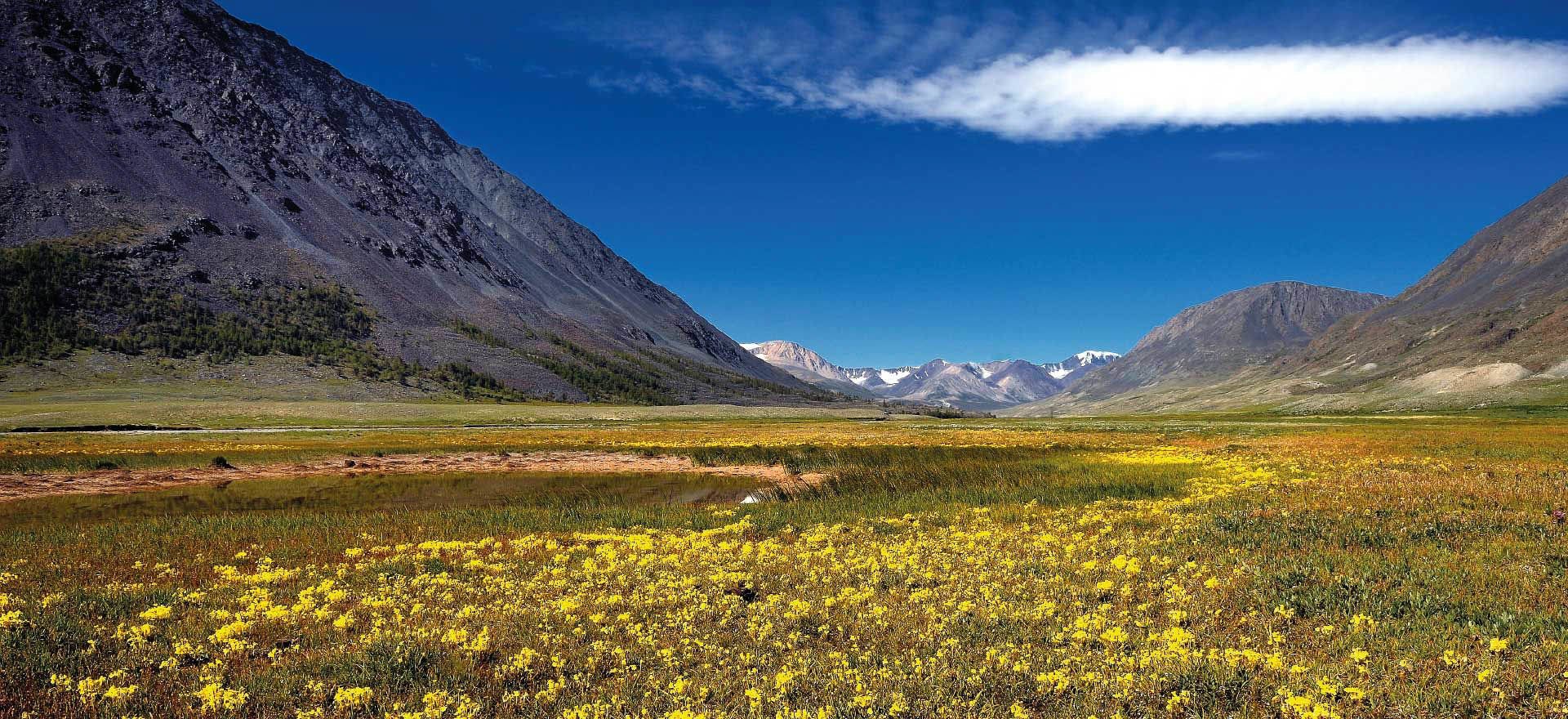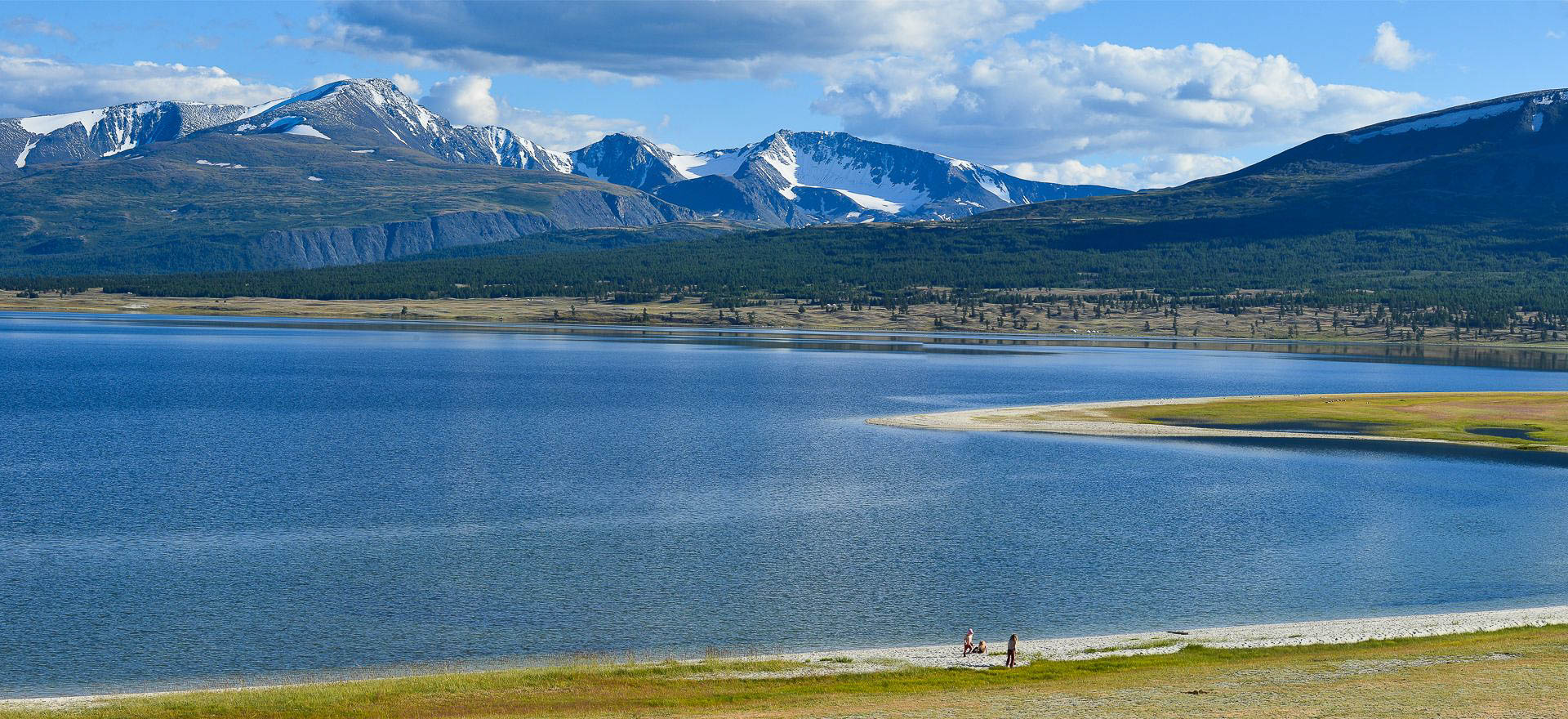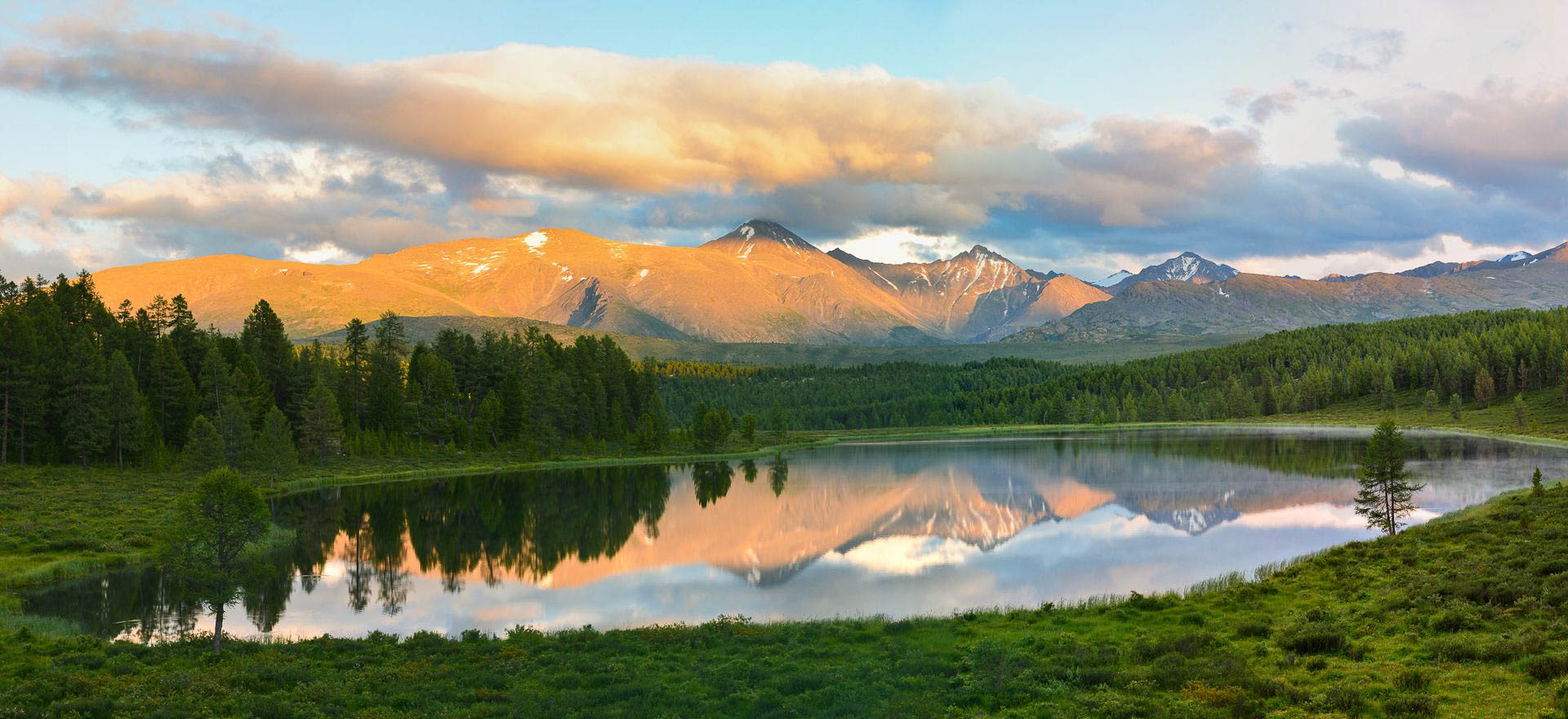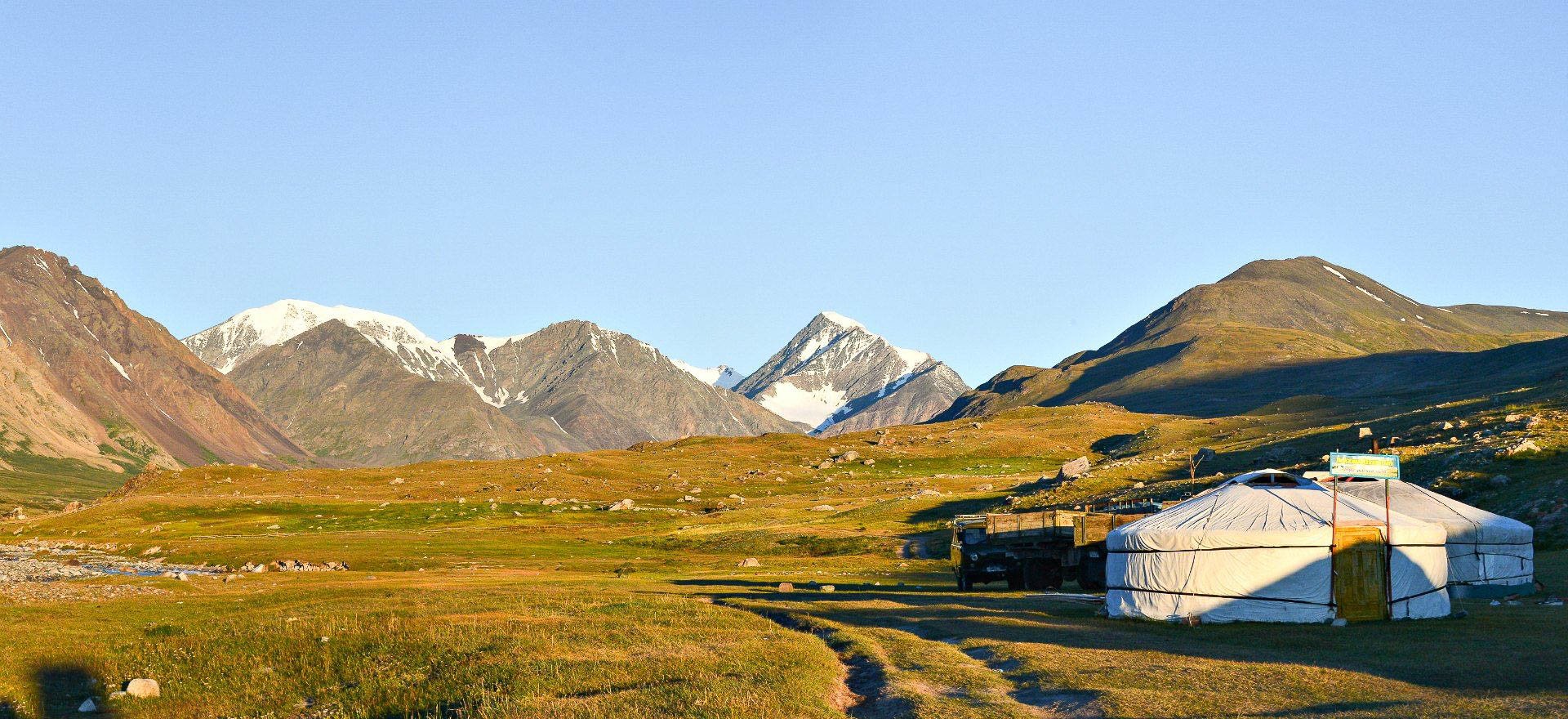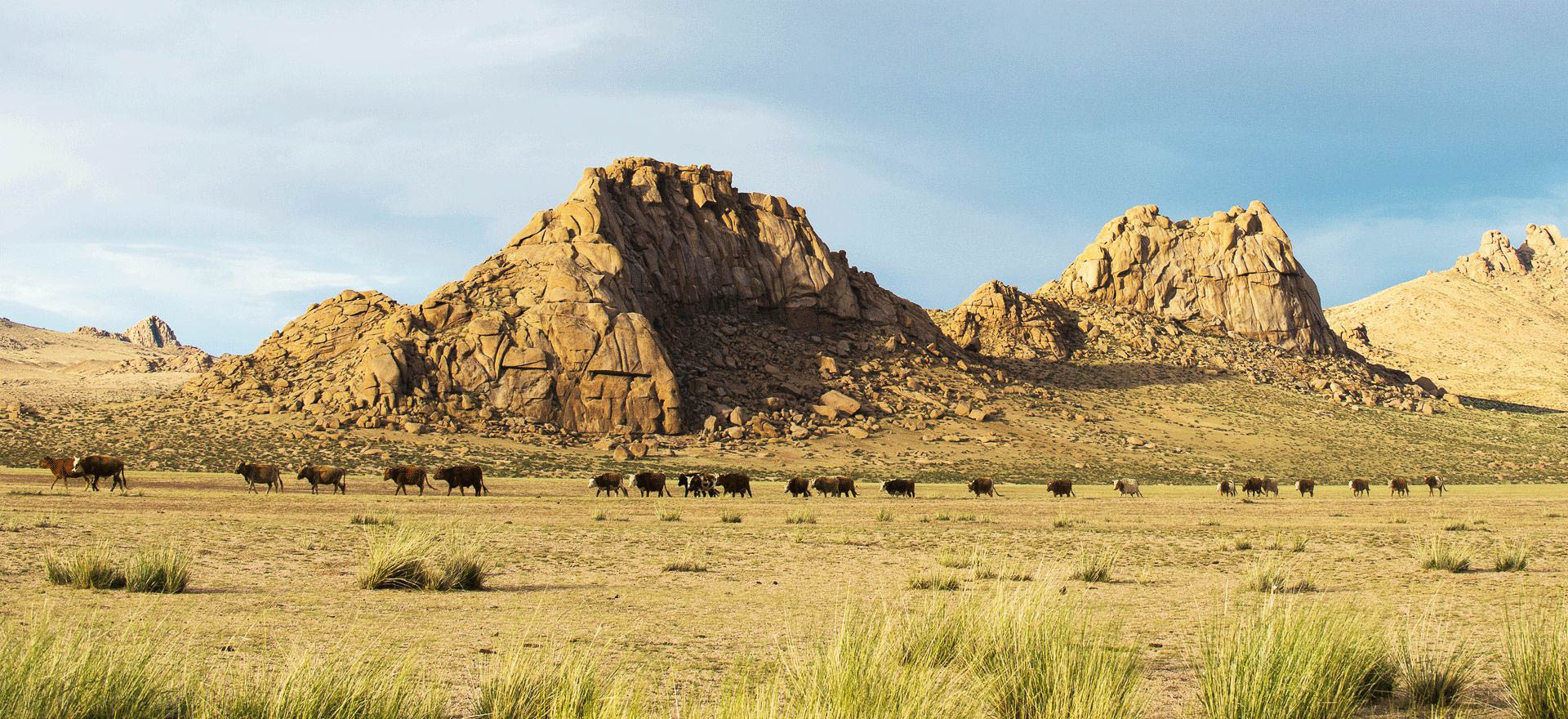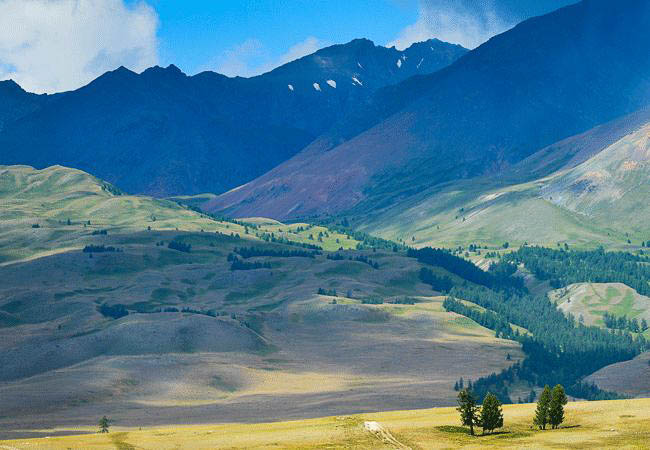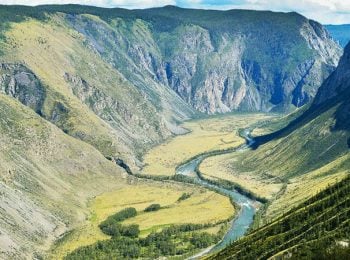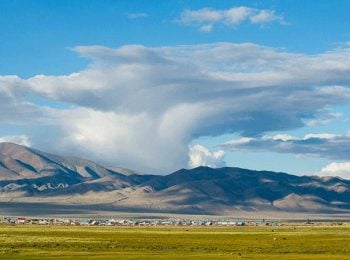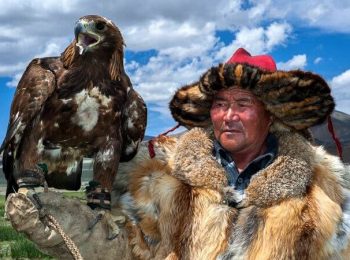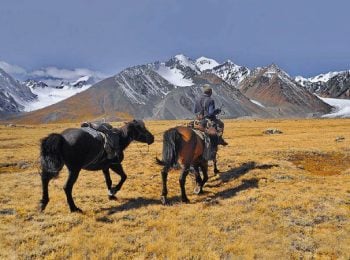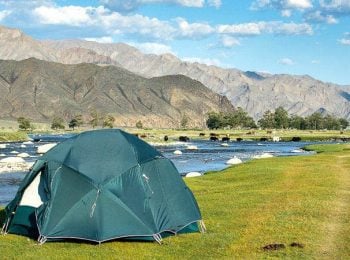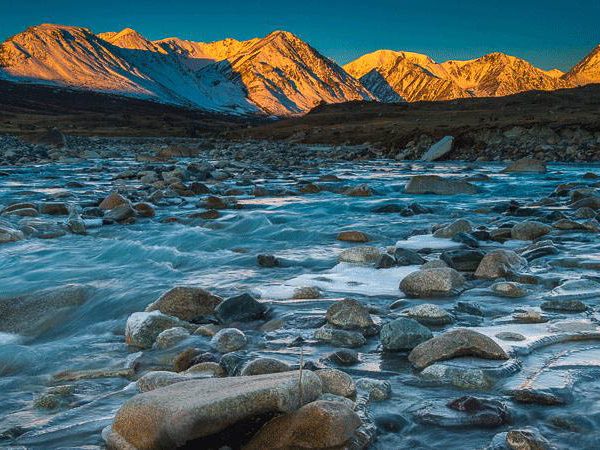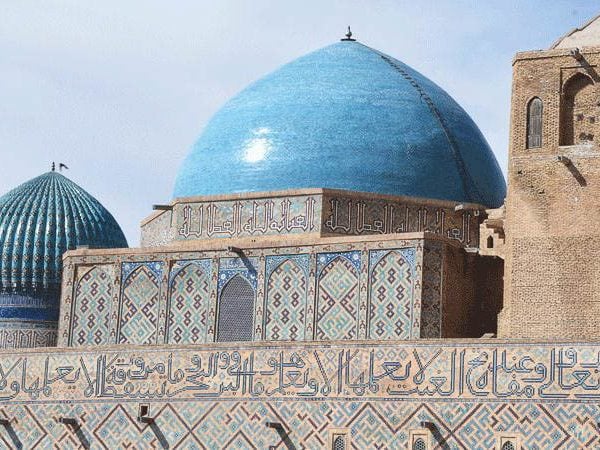Visas
All travellers will require a visa to Russia, which must be obtained before travel. Most travellers will also need an invitation letter, which we will provide if requested. Many travellers, including British citizens, will need a visa to enter Mongolia.
Kazakhstan has recently brought back the requirement to obtain a visa before arrival, for most nationalities including UK and US travellers.
Visa regulations can change however and so we recommend that you contact your nearest embassy for the most up to date information.
Health and vaccinations
We are not medically qualified and so we recommend that you speak to your doctor or nearest health professional for advice concerning recommended vaccinations. For more advice on vaccinations you can also visit www.fitfortravel.nhs.uk.
Insurance
It is a condition of joining our tours that you have suitable travel insurance in place, and we cannot accept travellers without insurance. All policies differ in terms of what they will cover, but as a minimum you need medical and health cover, which will cover you for the whole time that you are away. Most policies will also include cancellation cover, which will cover you if an unforeseen circumstance obliges you to cancel your trip. We recommend that you obtain your insurance as soon as you book your trip.
Please note that government travel warnings often affect the validity of your travel insurance, and you should check this with your insurance company.
Arrival and departure taxes
There are no arrival or departure taxes applicable for any of the countries visited on this tour.
Money
The local currency in Russia is the ruble, which can be obtained before you depart. Mongolian togrog and Kazakhstan tenge will be very difficult to obtain before you arrive. The best option is to bring US dollars for exchange purposes, and your tour leader will be able to assist you in exchanging them to local currency.
Credit cards will be almost useless until you near the end of the trip in Ulaan Baatar.
You will not have much need for money on this trip as for much of the time you will be in remote areas with no opportunities to buy anything.
Local conditions
When travelling to some of the destinations we offer you need to bear in mind that things won’t always work here as we’re used to them working at home. Travelling in underdeveloped and untouristed destinations requires both patience and a sense of humour. There may be problems with infrastructure, attitudes may be different, and maintenance may not be as high a standard as we would always like, but this is very much part and parcel of travelling in such a place. We aim to resolve any issues as quickly as possible, and thank you for your patience.
This is particularly relevant to this trip – this is remote region, some of which is largely isolated from the outside world and has very little experience of tourism whatsoever. We will be camping for much of the time, with no real facilities, and it is essential that you bear this in mind before joining this trip..
Travel advice
We keep a very close eye on the travel advice issued by the UK Foreign and Commonwealth Office so that we can keep you up to date with any warnings. At the time of writing the FCO does not advise against travel to the parts of Russia, Kazakhstan or Mongolia that we visit on this tour.
This relates to advice from the British government – other nationalities need to check the stance of their own governments.
Please note that the information contained above is highly susceptible to change, and while we endeavour to keep up to date we recommend that you use this as a guide only. Should you have any questions, please don’t hesitate to contact us.

